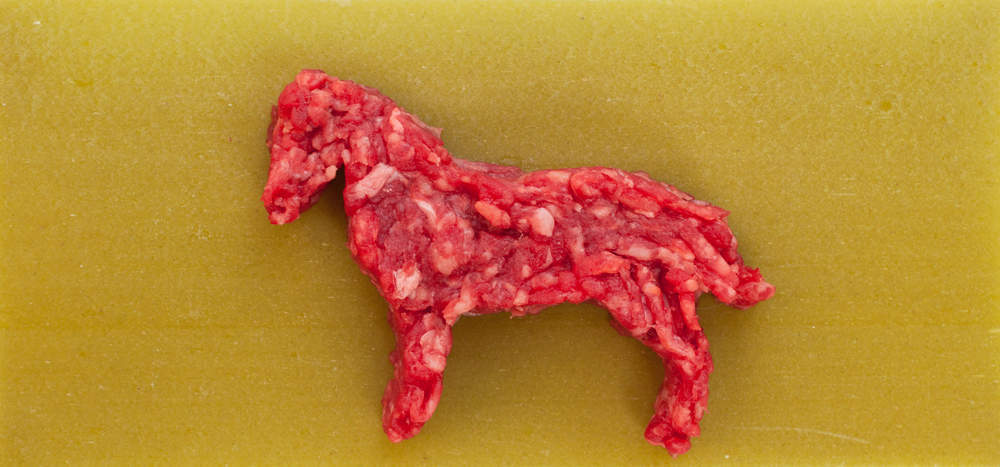Blockchain, the technology that powers cryptocurreny bitcoin, will soon be helping food and drink companies to improve their ability to track and trace products throughout the supply chain.
With the likes of IBM, Nestle and Walmart pushing its use, the blockchain could soon be used to avert the next horse meat scandal.
How would it work?
Developed for bitcoin, the blockchain is a complete log that tracks the movement of bitcoin tokens. Once a transaction has been recorded in the blockchain it cannot be erased or changed — it’s as close to infallible as a ledger can be.
Blockchain could then be adapted to work within company supply chains, keeping an evolving record of each thing that goes into a product or where it has been.
This means individual parts of the supply are more easily identifiable if, for example, horse meat is found in beef burgers.
Having easy access to a comprehensive electronic record will be a game changer for the supply chain.

US Tariffs are shifting - will you react or anticipate?
Don’t let policy changes catch you off guard. Stay proactive with real-time data and expert analysis.
By GlobalDataComplete information about a product’s sourcing and formulation will be available in seconds. Contrast this with current supply chain tracking, which often involves information stored in different electronic formats and sometimes in handwritten notes.
Suppliers can also be hesitant to share information. As a result, product contamination and recalls can take months to investigate.
Blockchains will make it far quicker for retailers to identify and withdraw contaminated products.
Prevention or a cure?
While this technology can’t prevent product contamination, it will drastically speed up the removal of contaminated products in the market.
People as well as companies now expect to have this kind of information available instantaneously.
In an age when you can track your online shopping live from its distribution centre to your door, people will struggle to understand how it can take months for a manufacturer to trace where the ingredients in their products have come from.
Blockchain will be able to solve this problem — but few companies have so far made moves to adopt it. The ones that do so first will get the most credit.








